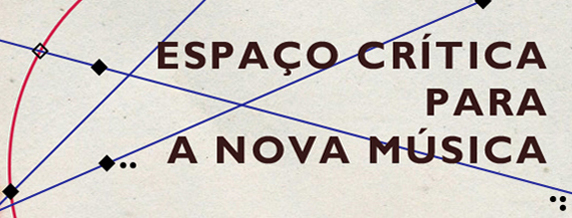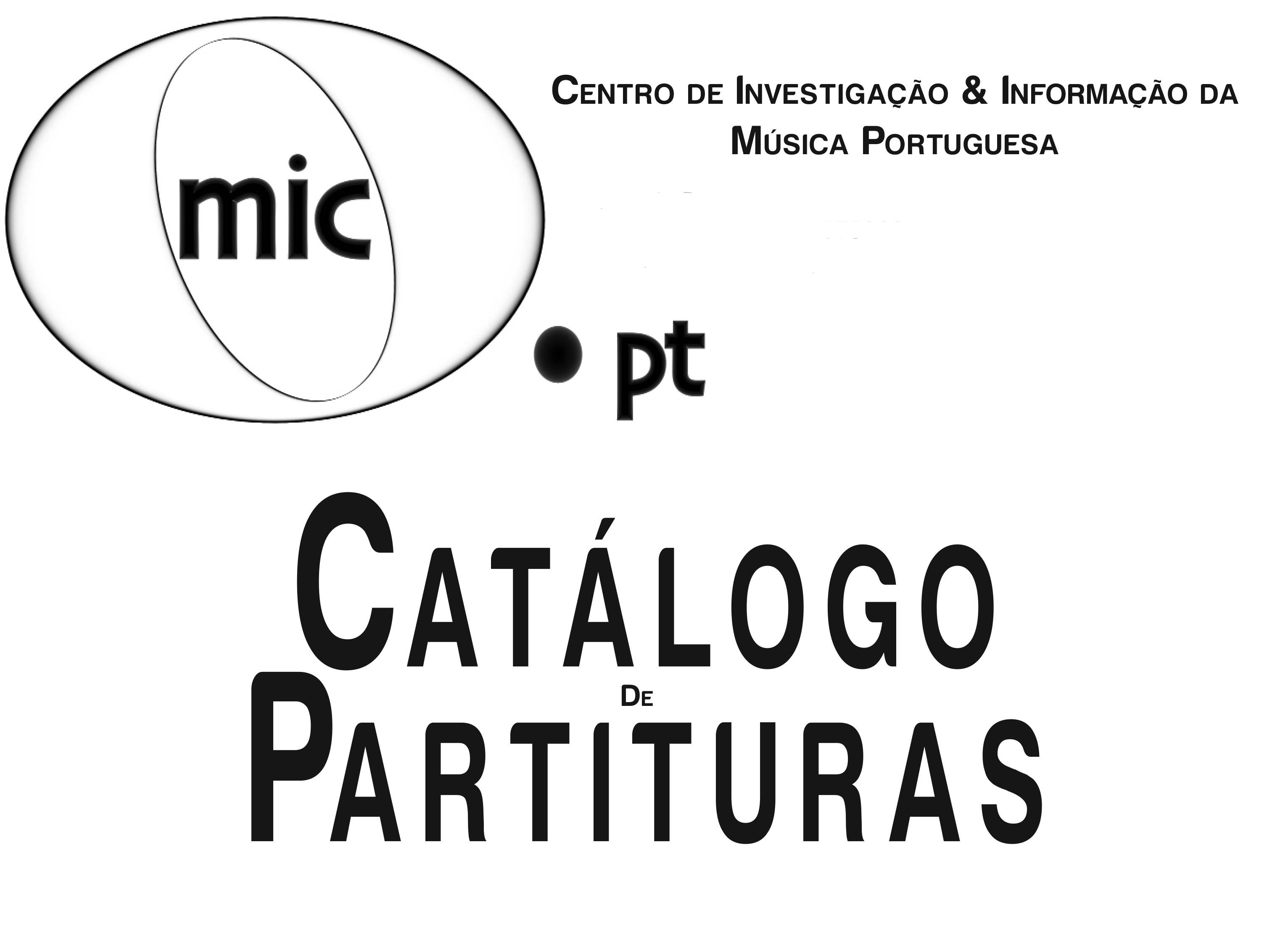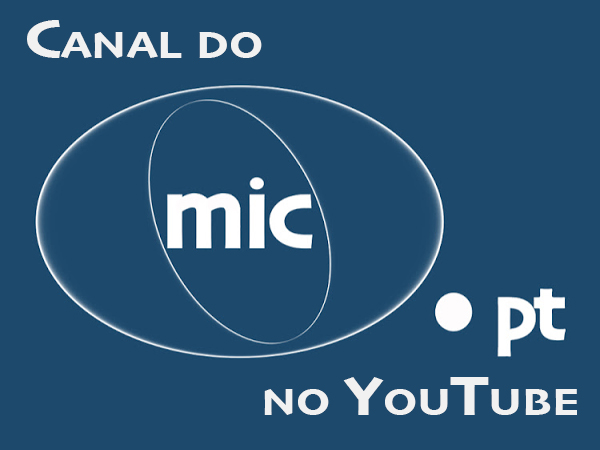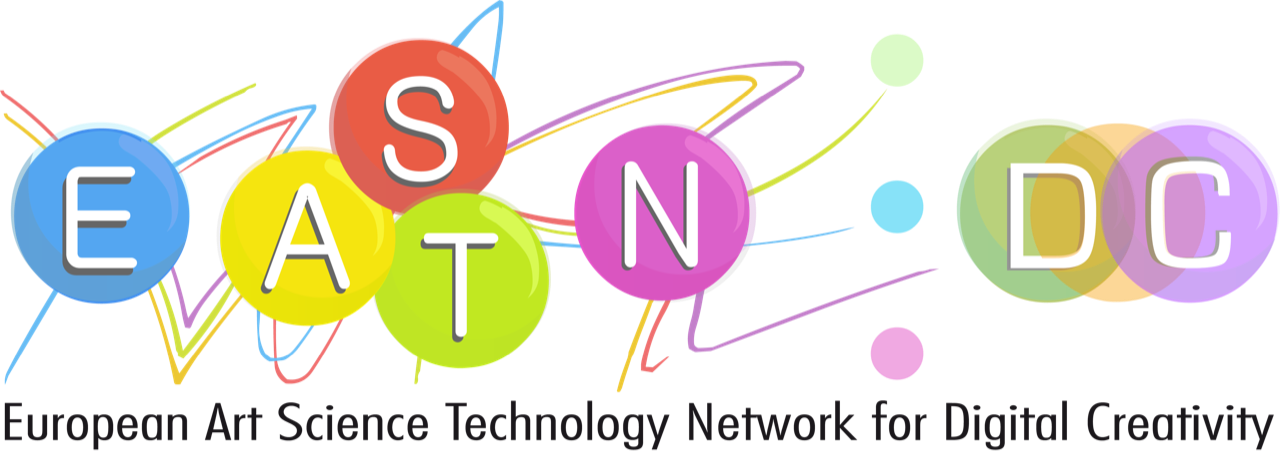Photo: José Carlos Sousa · © Luís Belo
>> José Carlos Sousa · Playlist
Questionnaire/ Interview
Part 1 · Roots & Education
· How did music begin to you and where do you identify your music roots? ·
José Carlos Sousa: Music entered my life when I was still a child. My parents took me to the association in the village where we lived, to learn to play an instrument. I then started playing the mandolin and guitar by imitation, and later I had music lessons at the Coutoense Association. Everything changed when I entered the ‘Dr José de Azeredo Perdigão’ Music Conservatory in Viseu, where I got prepared to subsequently join the Composition Course at the University of Aveiro.
· Which paths led you to composition? ·
JCS: The possibility to create a music piece has always fascinated me. Since my childhood we were inventing, in a group, our own music for guitar. The decisive moment to study Composition more seriously occurred in the last year of the Conservatory, where I was lucky enough to have three professors – Jacinta Ramos, Isabel Ramos, and Sara Carvalho. They came from the University of Aveiro to carry out their professional internships at the Conservatory of Viseu. It was during this year that I got to know some Portuguese composers who have influenced me a lot, such as João Pedo Oliveira, Amílcar Vasques Dias, Cândido Lima, and Emmanuel Nunes. We used to create music (collective compositions) for theatre pieces, we organised study get-togethers where we listened to music to some of the already-referred composers, and we started composing music ‘in our own style’. In the following year I went to the University of Aveiro where I initiated my Composition studies.
· Which moments from your music education do you find the most important? ·
JCS: Apart from the already referred path at the Conservatory of Viseu, I emphasise the Composition studies made at the University of Aveiro, where I had the possibility to study and compose electroacoustic music at the university studios. In Aveiro, the professors João Pedo Oliveira, Evgueni Zoudilkine, and Isabel Soveral, have been decisive in my formation as composer.
I also highlight the masterclasses realised at the Calouste Gulbenkian Foundation, at the Música Viva Festival (Miso Music Portugal), and at the University of Aveiro, with various great composers, such as Emmanuel Nunes, Jorge Antunes, Alain Sève, Flo Menezes, or François Bayle.
Part 2 · Influences & Aesthetics
· Which references from the past and the present do you assume in your music practice? ·
JCS: As for the past references I can highlight the music of Bach, Bartók, Messiaen, Ligeti, or Emmanuel Nunes.
Presently, I have a lot of admiration and respect towards the person and the music of João Pedo Oliveira.
· Are there any extra-musical sources that influence your work in a significant way? ·
JCS: Yes, depending on the music that I want to compose, the extra-musical influences can be numerous. Firstly, I highlight the Holy Bible, where I have repeatedly found inspiration in a lot of texts, partly because of my religious convictions. Additionally, various literary works have served me as an inspiration, such as the novel by Cervantes, “Don Quixote de la Mancha”, which has been the starting point for one of my most recent works.
· In the context of Western art music, do you feel close to any past or present school and aesthetics? ·
JCS: Yes. I continue feeling that the Second Viennese School has decisively marked the evolution of the music and the multiple paths, which it has taken until today.
The use of electronic means to create and diffuse music is something that has also decisively marked my way of thinking and composing music.
· Are there any non-Western culture influences in your music? ·
JCS: No. As a rule my influences relate to my experiences: journeys, literature, and biblical inspiration.
· What does ‘avant-garde’ mean to you and what in your opinion can nowadays be considered avant-garde? ·
JCS: ‘Avant-garde’ is the search for the new. It means developing and using an artistic/ music language that can encompass the research and elaboration of new sonorities.
Part 3 · Language & Music Practice
· Characterise your music language taking into perspective the techniques/ aesthetics developed in the 20th and 21st century music creation, on the one hand, and on the other, considering your personal experience and your path since the beginning until now. ·
JCS: I would say that my first works, the university ones, were closely connected with the serial music influences.
In the recent years, I have been attempting to write music that I would like to hear. That is, I’m less concerned with the engaged compositional and organisational structures and I’ve been placing the focus on the ‘sound’ – the possible auditive result that the work can have. The timbral metamorphoses controlled via the instruments or by means of the electronics, are very important, and broadly applied in my music.
· Do you have any preferred music genres or styles? ·
JCS: Yes, I do. I really like working with chamber music, either with or without electronics. Exploring the multiple instrumental combinations with the possibility to expand them by means of the electronics, has been one of my preferred ways of creating new works. In my opinion, the auditive result of these works takes the listener to new universes with sometimes unexpected sonorities, giving the works an enhanced auditive interest.
· When it comes to your creative practice, do you develop your music from an embryo-idea or after having elaborated a global form? In other words, do you ‘move’ from the micro towards the macro form, or is it the other way round? ·
JCS: I don’t have a preconceived way of working. Sometimes it’s the microstructure that in an embryonic way makes the work’s material emerge. However, I can also give structure to the work’s global form, and then develop the materials for each section.
· How in your music practice do you determine the relation between the reasoning and the creative impulses? ·
JCS: I think that the inspiration is always very important for every artist. As a composer I think that to create new works that can be interesting for the public, it’s necessary to have good ideas. Although the rational component is also substantial to develop a coherent work. The way we control and use the compositional processes is also decisive for a music work to be of greater or lesser interest.
To my mind, in the creation of a good work the inspiration is primordial, and then the reason is decisive.
· What is your relationship with the new technologies, and how do they influence your music? ·
JCS: I have used the new technologies for more than 20 years in the elaboration and/ or diffusion of my music works. I like working with mixed music, that is, exploring the instruments and electronics within the same work. However, I also enjoy working only with electroacoustic pieces, using sounds created on the computer or transforming in the same work the sounds that surround us, and thus creating a unique sonic universe.
· What’s the importance of space and timbre in your music? ·
JCS: The timbre and the space almost always have great importance in my works, mainly when I compose electroacoustic music. Likewise, when I write music only for instruments, these two parameters are essential, and I have used them frequently.
· Does experimentalism play an important role in your music? ·
JCS: It really depends on how one understands ‘experimentalism’, and I think that I’m not a composer who uses it a lot. Nevertheless, as I’ve already mentioned, I really like to compose electroacoustic music. Obviously, in this case there are many paths – some already taken or other ones still to be taken –, which are very close to experimentalism. It’s certain that many people are still unfamiliar with the timbral transformations and spatialisation in electroacoustic music, and these can be considered experimental. For me they already are a completely established way of working with the sounds that I use in my music.
Part 4 · Portuguese Music
· Try to evaluate the present situation of Portuguese music ·
JCS: I think that Portuguese music is experiencing one of the most fertile periods ever – with regard either to the creative area or the great performers that Portugal has exported to many important international orchestras. Additionally, the conservatories, professional schools and universities have played the most important role in the improvement of Portuguese musicians, and consequently of the music in Portugal. On the other hand, together with large structures such as the Gulbenkian, the Belém Culture Centre and the Casa da Música, one has also established in Portugal a lot of Music Festivals outside the big centres. These initiatives have decisively contributed to the growth and development of Portuguese music.
Part 5 · Present & Future
· Could you highlight one of your more recent projects, presenting the context of its creation, and the particularities of its language and techniques? ·
JCS: I would like to highlight the work that I’ve recently finished composing, premiered in April this year. It is a work for orchestra, resulting from a joint commission made by the International Spring Music Festival in Viseu and the Miso Music Portugal.
The work’s title is “As 7 trombetas e a Nova Jerusalém” (“The 7 Trumpets and the New Jerusalem”), and it is inspired in the last book of the Bible, the ‘Book of Revelation’. The seven trumpets, announcing various pests in the chapters 8, 9 and 10, take us to an environment of pain and great suffering. Yet, the chapter 21 presents the perfect city, the saint city, the residency of God and men, shining like a precious stone. Here we are transported to an environment of well-being, peace, serenity, and love.
The work is developed within this dichotomy between the pain and the well-being.
· How do you see the future of art music? ·
JCS: I think that art music has a certain future, and it is recommended.
Although the governmental structures, especially in Portugal, don’t give the appropriate importance and support to the various artistic new-music proposals, the music-events agents have managed to create ways of making great-quality music festivals happen, even outside the large urban centres.
The Portuguese education system has allowed for the development of many talents, in either composition or performance; it is thus urgent that the political power understands the importance of supporting young musicians, and their artistic careers. The promotion of concerts, regional orchestras, supporting the existing and emerging festivals, is fundamental so that our best musicians don’t continue to make their career outside Portugal.
Nonetheless, I think that we have never had so many musicians and with so much quality as in our days. Art music has future.
José Carlos Almeida de Sousa
Viseu, January 30th – April 30th, 2022
Translation to English – MIC.PT
© MIC.PT





